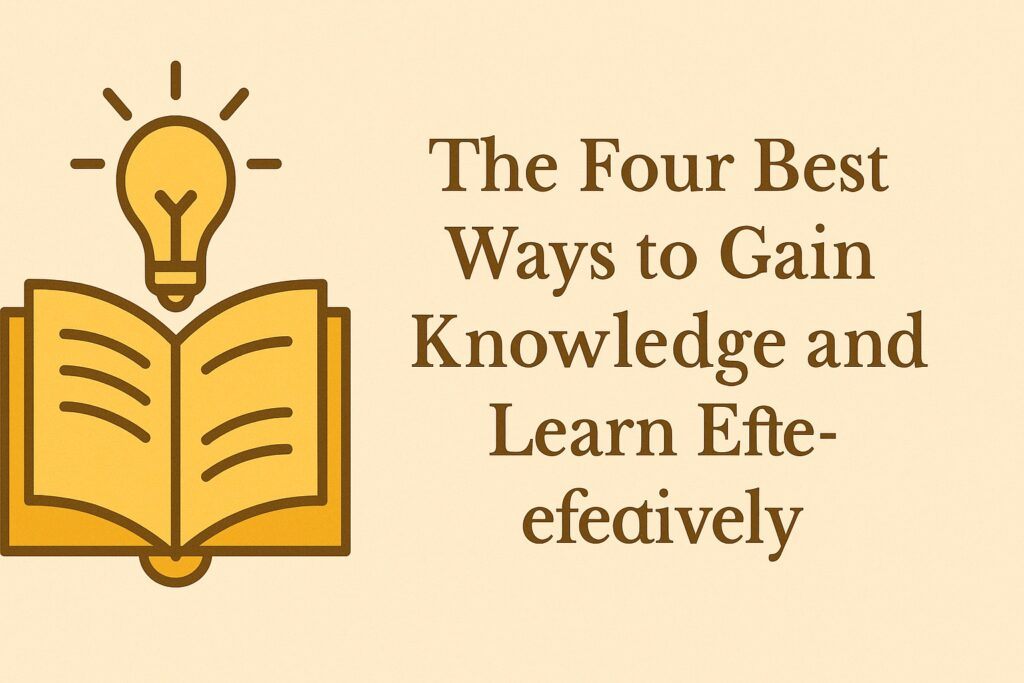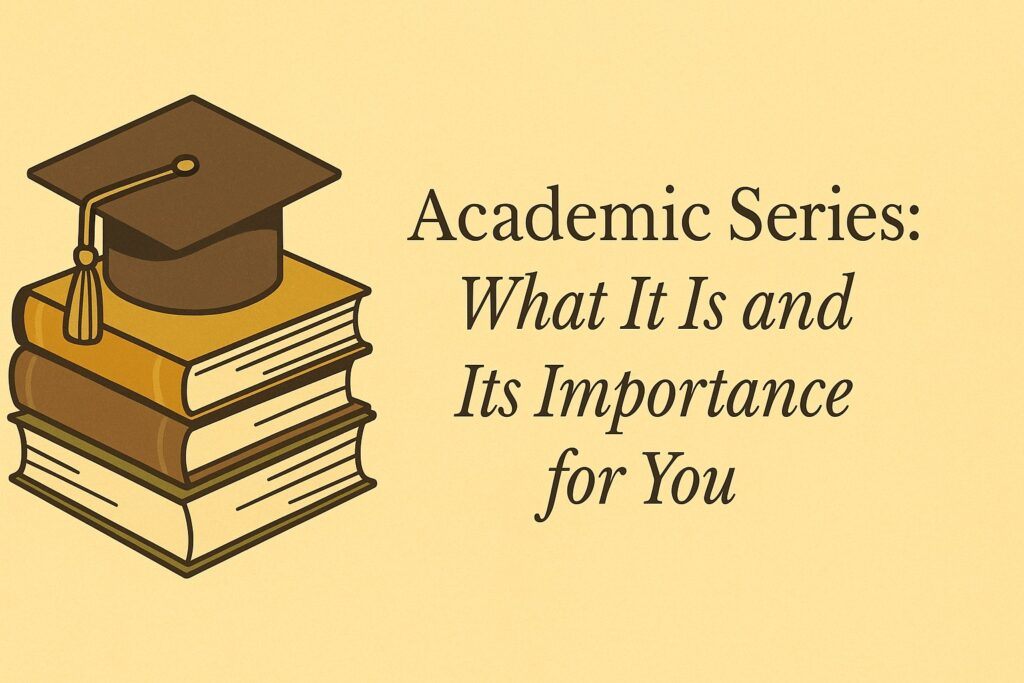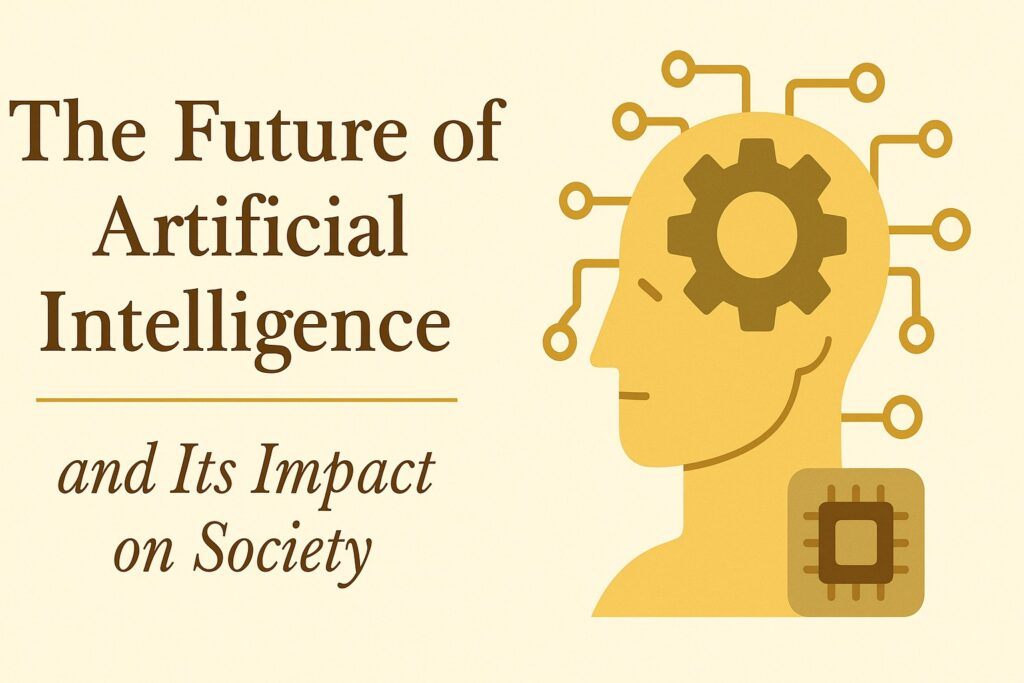
TL;DR:
Learning never stops, but how you learn determines how far you go. These four methods—reading, practicing, seeking mentorship, and reflecting—turn information into wisdom. True knowledge isn’t just what you know; it’s what you apply and share.
Learning is a lifelong process, and gaining knowledge is essential for personal and professional growth. Humans acquire knowledge through various means, and understanding these methods can help improve learning efficiency.
Broadly, education is categorized into two types: formal education (structured learning in schools, universities, and institutions) and informal education (self-learning through experiences, interactions, and exploration). However, beyond traditional schooling, there are four primary ways to gain knowledge: observation, reading, listening, and doing.
FAQs: Best Ways to Gain Knowledge
1. What are the best ways to gain knowledge?
Reading, practicing, learning from mentors, and reflecting regularly help you grow intellectually and personally.
2. How does reading improve learning?
Reading expands your vocabulary, perspective, and understanding of how ideas connect across different fields.
3. Why is practice essential for learning?
Because doing turns theory into skill. Repetition strengthens memory and builds mastery over time.
4. How can mentorship accelerate learning?
Mentors offer real-world guidance, helping you avoid mistakes and grow faster through experience.
5. Why is reflection an important part of learning?
Reflection helps you process what you’ve learned, see patterns, and apply lessons more effectively.
1. Learning Through Observation
The Power of Observing to Acquire Knowledge
One of the most natural ways humans learn is through observation, a key method in the natural sciences and everyday life. Watching people, nature, or instructional content allows us to absorb information without direct involvement.
- Visual Learning: We observe how people talk, walk, and interact.
- Watching Videos: Online platforms like YouTube provide educational videos on various topics.
- Scientific Observation: In science, researchers learn by studying phenomena, conducting experiments, and analyzing results.
- Body Language & Facial Expressions: Observing non-verbal cues enhances understanding in communication.
Whether we are watching a teacher demonstrate a concept, a professional perform a skill, or a tutorial video online, observation helps us internalize new information effectively.
2. Gaining Knowledge Through Reading
Why Reading is Essential for Learning
Reading is a powerful tool for expanding knowledge. It is not just about consuming books; it extends to articles, newspapers, blogs, research papers, and digital content.
- Printed vs. Digital Reading: Books, magazines, and newspapers provide traditional learning, while digital platforms like eBooks, blogs, and online courses offer modern learning alternatives.
- Expanding Vocabulary & Comprehension: Regular reading improves cognitive abilities, comprehension, and language skills.
- Reading Beyond Text: Understanding maps, symbols, and even facial expressions can also be considered reading in a broader sense.
By developing a reading habit, we gain in-depth knowledge across various fields and sharpen our critical thinking skills.
You might also like The Ultimate Guide to Academic Writing: Structure, Style, and Success in Research
3. Learning by Listening
The Role of Audio Learning in Knowledge Acquisition
Listening is another fundamental way of learning. Whether through conversations, lectures, podcasts, or audiobooks, auditory learning plays a crucial role in knowledge acquisition.
- Listening to Experts: Attending lectures, conferences, and seminars allows us to gain insights from professionals.
- Podcasts & Audiobooks: Audio content offers a flexible way to learn while commuting or multitasking.
- Active vs. Passive Listening: Engaging with the content actively by taking notes or discussing topics enhances retention.
- Music & Linguistics: Listening to different languages, accents, and tones can help in language acquisition and cultural understanding.
Unlike observation, listening requires focused attention to absorb and process information efficiently.
4. Learning by Doing (Practical Learning)
Hands-On Experience as a Learning Method
Practical learning, also known as experiential learning, is one of the most effective ways to gain knowledge. This method involves engaging in activities that require practice and direct experience.
- Trial and Error: Learning from mistakes helps improve skills and understanding.
- Hands-on Training & Workshops: Interactive sessions provide real-world applications of theoretical concepts.
- Scientific Experiments & Case Studies: Conducting experiments in a lab or analyzing case studies deepens understanding.
- Skill Development: Whether it’s coding, playing an instrument, or learning a new sport, practice leads to mastery.
By actively engaging in a task, we reinforce learning and improve problem-solving abilities.
Conclusion: Combining Multiple Learning Methods for Maximum Knowledge
To become a well-rounded learner, it’s best to combine observation, reading, listening, and doing. Each method has its unique advantages, and integrating them can enhance comprehension and retention.
Which learning method works best for you? Let us know in the comments below! Share your experiences and insights on how you acquire knowledge effectively.


